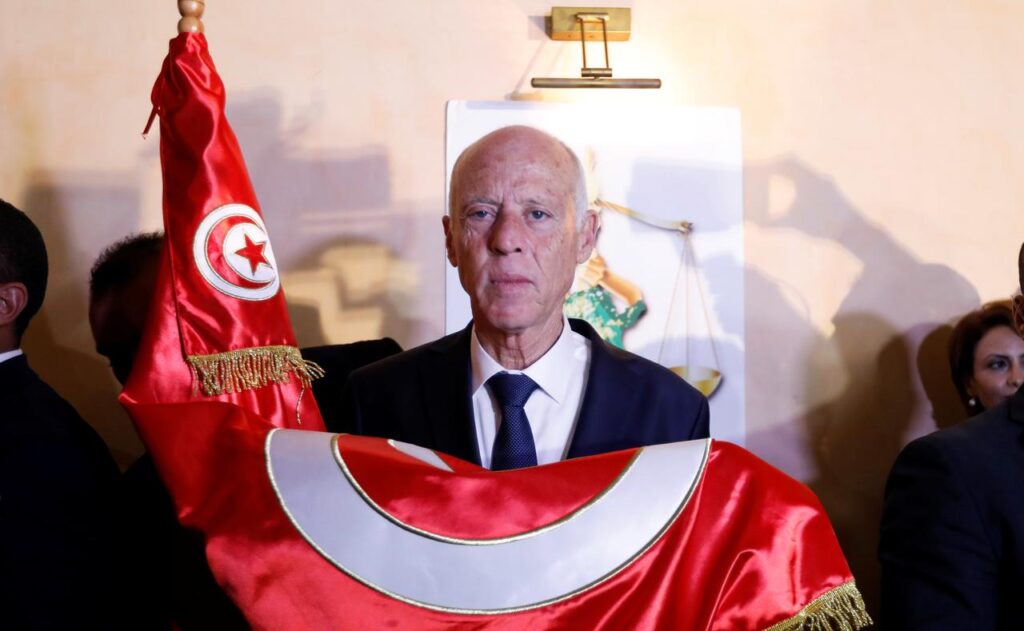Preliminary results from Tunisia’s presidential election indicate that incumbent President Kais Saied has achieved a decisive victory, securing 90.69% of the vote, according to the electoral commission on Monday. The election, held on Sunday, saw a relatively low voter turnout of 28.8%, reflecting the growing discontent and political apathy among the Tunisian populace.
Saied faced two challengers in this election: Zouhair Maghzaoui, the leader of the Chaab Party and a former ally who has since become a vocal critic, and Ayachi Zammel, who was incarcerated last month. Despite the opposition, Saied’s overwhelming win underscores his grip on power since he assumed the presidency in 2019.
The low turnout raises questions about the democratic process in Tunisia, where many citizens have expressed dissatisfaction with the political landscape and Saied’s governance. Since taking office, Saied has been criticized for consolidating power, dismissing the parliament, and curtailing press freedoms, leading to concerns about the future of democracy in the country that sparked the Arab Spring in 2011.
Supporters of Saied argue that his leadership has been essential for stabilizing Tunisia’s economy and addressing security concerns in a region still grappling with political turmoil. However, critics warn that his authoritarian approach could undermine the democratic gains achieved since the revolution.
As Tunisia navigates its political landscape, Saied’s victory will likely shape the country’s future direction and its relationships with both domestic and international stakeholders.



